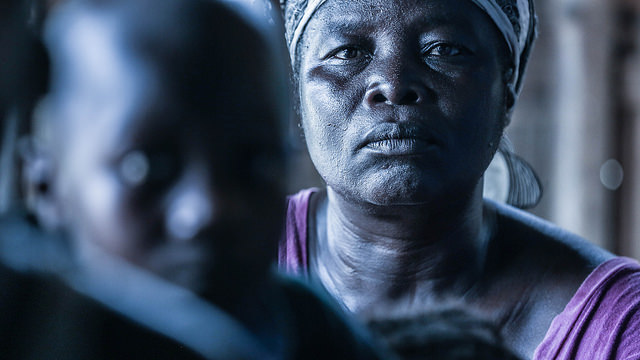Liberia’s recent Affirmative Action bill has stimulated nationwide debates and public discussions. The passage of this bill by the Legislature received tremendous support from organizations working on women’s issues, which viewed the Legislature’s decision as a step toward gender parity in government.
However, it is my belief that the bill only scores political points and it does not promote gender parity in the Legislature. As the bill only proposes to create five seats for women (along with two for the youth and disabled), it is not necessary at this moment, for there are more important gender issues that need to be addressed.
When you consider that Liberia has consistently faced a budget shortfall over the last four years, creating additional seats that may cost an additional US$1.5 million only increases the financial burdens on the country. From where will the additional funds come to pay salaries and other benefits?
Instead of giving enrichment opportunities to only seven people, such funds can be redirected to improving the livelihood of many other Liberians. Moreover, gender policies must be institutionalized and an open system is allowed for equal participation.
Women constitute about 50 percent of the Liberian population, but there is still a huge gap in representation at both houses at the National Legislature. Approximately 11 percent of senators and representatives are women. Liberia is far from the minimum of 30 percent targeted for representation of women in all levels of decision-making by nations in the 1995 Beijing Declaration and Platform for Action. The bill would only incrementally increase the representation of women.
Moreover, if the Legislature is truly serious about promoting affirmative action policies to increase women’s participation, it should first start within its ranks. For example, requiring at least one of the positions of speaker and deputy speaker to be occupied by a female would be a good start. The same could apply to leadership positions within the Senate. That way, more women can be encouraged to participate in the electoral process because they would be certain about also ascending to the highest rank like their male counterparts.
However, far from being restricted to politics, the poor representation of women in the Legislature is reflective of deeper issues in a highly patriarchal society. Liberian women did not have the opportunity to vote until 1946 when William V. S. Tubman became president. In some parts of the country today, girls are taken out of school to be married off. Meanwhile, it’s still a widespread practice for pregnant girls to be pressured to drop out of school while the men responsible for the pregnancy stay.
When we ensure that our women are empowered through proper education first, affirmative action policies can more properly support their ambitions, but if we first begin to care more about gender balance without the prerequisites, it becomes difficult for women to ascend to higher positions on merit.
These are key issues that need to be addressed to pave a clearer future for most women. We need to open up the process so that any gender or group of people can access these opportunities.
Have we wondered why women are still underrepresented in the executive branch when we have a female president?
Women need to be provided more spaces to coexist with their male counterpart. They must be allowed to obtain quality education, to be prevented from early marriages, and to be provided quality healthcare and social benefits. All these must be prioritized to pave a smooth political and professional future for women.
To institutionalize gender parity, we should also ensure that we push for equal participation for women and men in all sectors of society, including within groups like the Liberia National Students Union, the Federation of Liberian Youth, and the Press Union of Liberia.
Once this is assured, more girls and women will be encouraged to participate because there are opportunities available.
As women continue to learn and exhibit good leadership abilities and rise to becoming senior members of political parties and the executive branch of government, there will be no need for an affirmative act to increase women’s presence in the Legislature, but the constituencies will give full support based on substantive records.
Featured photo by USAID



